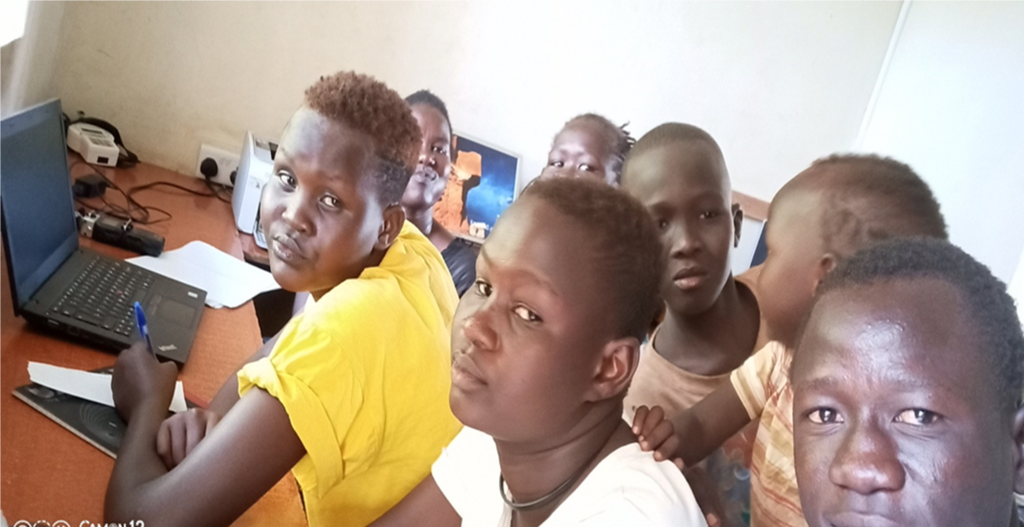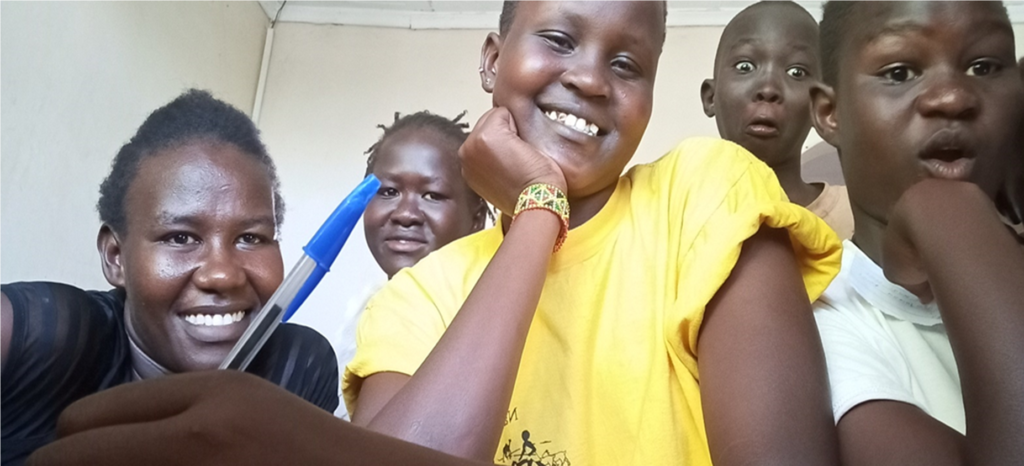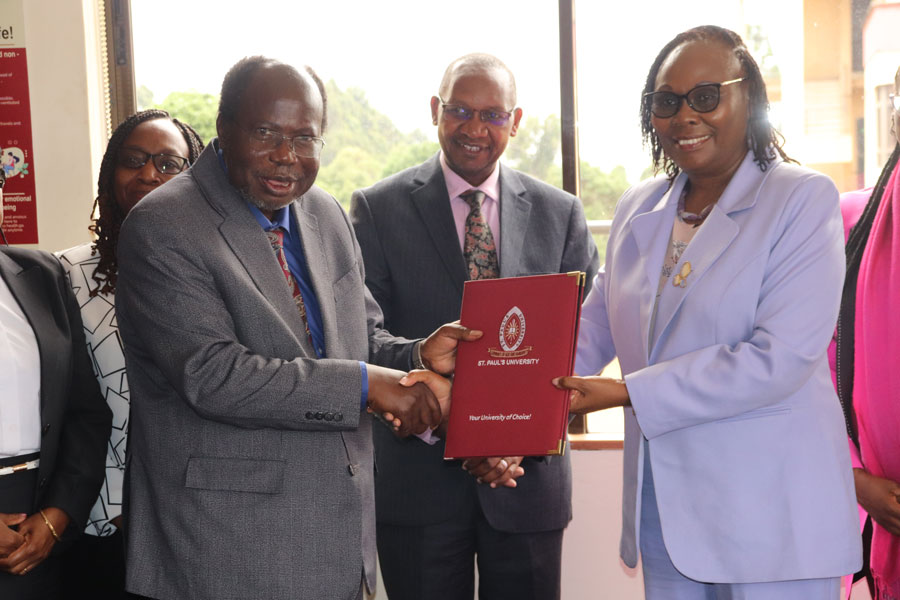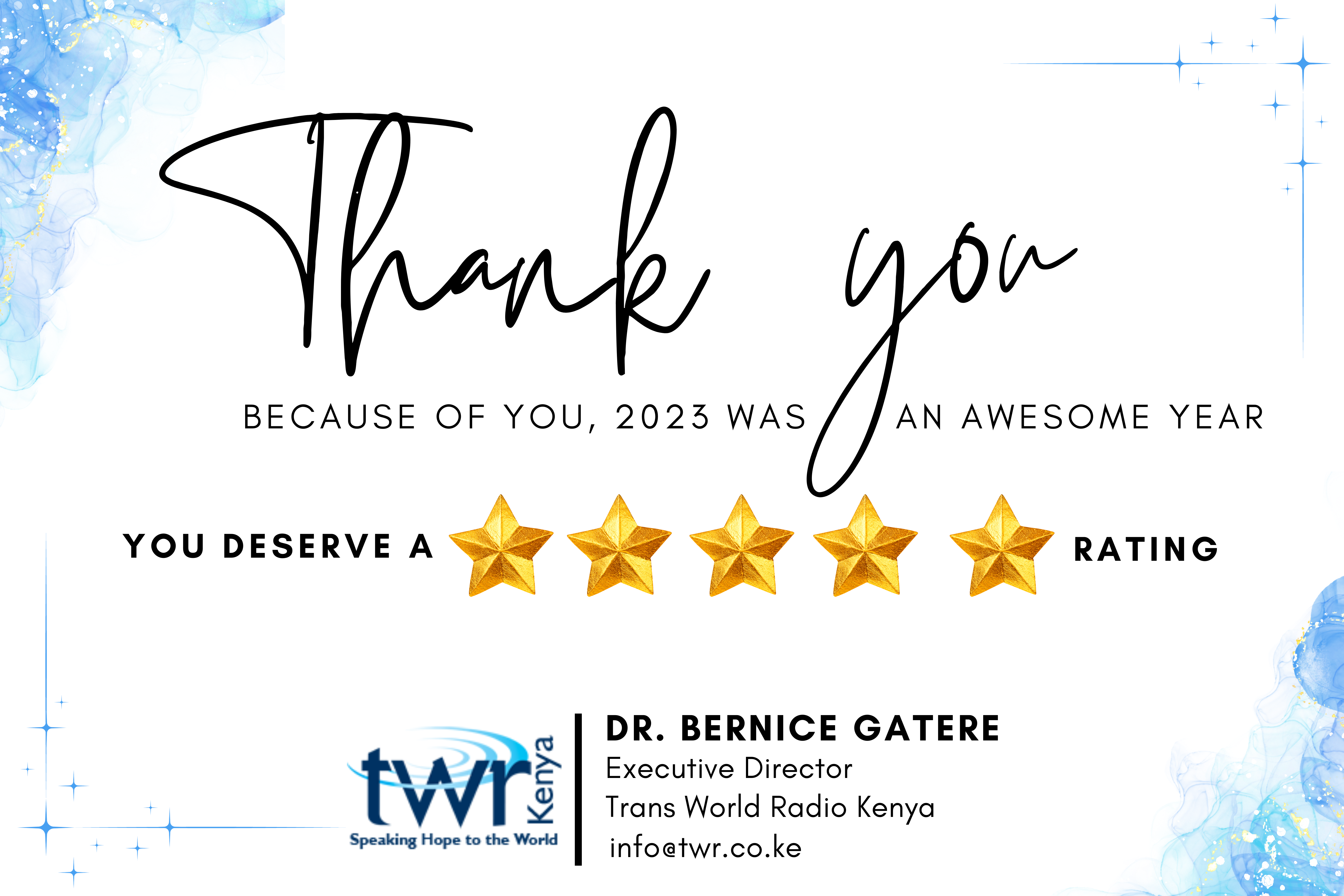By Enos Changulo.
Great cities are celebrated for their beauty. Their architectural designs. Their great fashion houses and exotic eateries. These cities and their beauty are taken for granted, aren’t they? We hardly think of the years of planning, the sweaty labor, blood, and tears that went into making Rome, London, Nairobi, Cape Town, and others into what they are today – their sights, sounds, and smells, notwithstanding.
Now imagine this. Imagine you are a bird flying over one of these cities and taking in a bird’s eye view over the city, taking in all its beauty from above. From this lofty point, you may not be able to see its dark alleys, its street families, a building here and there in need of a fresh coat of paint, or the city council employees busy at work repairing open sewers. For you as a bird, your eyes are feasting on the beauty of the city below. Now, this is how many reports of donor-funded work look like. They are beautiful paintwork. Gleaming. They are about the end – product and not about the tears and sweat. The blood and moments of despair that go into making a successful donor-funded project, or any project for that matter.
Today, allow me to reflect on one such project. At the height of the Covid19 pandemic when the whole world was panicky, the world realized it was not business as usual. The global economy went into hiding, literary speaking, and Jobs were lost. Schools shut down and school children were in limbo – at least in Kenya. You remember this, don’t you? Parents of these children were hard hit. It was a new thing for them, and they were worried, confused, even angry. The unexpected had happened – they were to be at home with their children for an unknown period. Yet they had no money!

At TWR Kenya we had a brain wave. How do we keep these children busy and simulate a normal school day for them? “An idle mind is the devil’s workshop,” says Dr. Bernice Gatere, the Executive Director at TWR Kenya, and we had to keep these children in a school set-up even though they were at home.
Therefore, in partnership with the Kenya Institute of Curriculum Development (KICD), VSO, and other partners, we succeeded in having an innovative primary school education via radio. For the first time in Kenya, school broadcasts had a schoolteacher ‘live’ in the radio studio to help expound on what the radio teacher has covered and field questions from pupils on the topic covered.
And it became a hit!
Parents were the first ones who made us realize that we had stepped on virgin land. They called to say their children are now busy. They called to say, “Thank you.” They called to say they want the time allocated for radio schooling extended. And they kept calling! And the schoolchildren called too!
Annet, in Turkana region, called to complain. The “time allocated to teachers is limited,” she said. She and others even lamented because “many people call until our calls cannot go through, most of the time, the phone call does not go through until session is over.” They said through a text message.
For many others, the desire to “be close to the source of education was too much “and they could not hold back. They walked, they ran, and they came by boda boda taxis (motorbikes) to our radio station in Lodwar to listen to the radio broadcast from the source. Ooh, I smiled when I heard this until I heard the reason!
Their parents are poor and cannot afford a radio. Others were tired of sharing the little transistor radio in the village. And for some, it was just the sheer desire to be in class and they thought coming to our Maata radio was coming to class! They were coming to meet the radio teachers.

This was virgin territory, and we were sad when it all ended. I think back to the words of Lucy in Kaitessee in the Turkana region and wonder. How many flames for education did we keep up during that dreadful Covid19 period when the world had shut down, and school doors had been locked? We kept hope alive for many like Lucy whose words still echo in my ears to date.
Thank you Maata for broadcasting the subjects at the right time. Now I can take care of our animals and then when it is time for KICD we run back to listen. Thank you Maata Radio for teaching,” she said.
And the teachers who came to our radio studios for ‘live’ interactions with pupils in our radio stations? Ooh, it was a new experience. And they want to go back in!
And as Kenya marks the end of this Phase of Kenya Certificate of Primary Education (KCPE), we are glad to have a role during a difficult time brought about by Corona pandemic, to keep the fire of education burning amongst some of those who sat for the final KCPE.
We will be back.
This is something that you can be part of. Together we can do it again. Reach us by phone or email for details.


